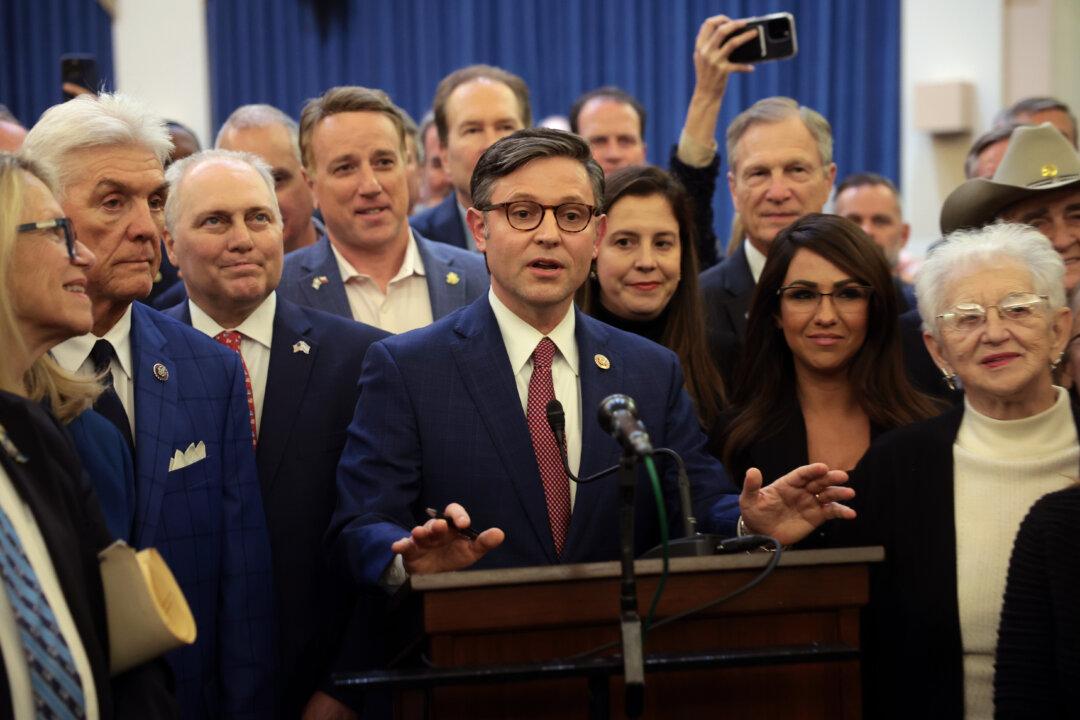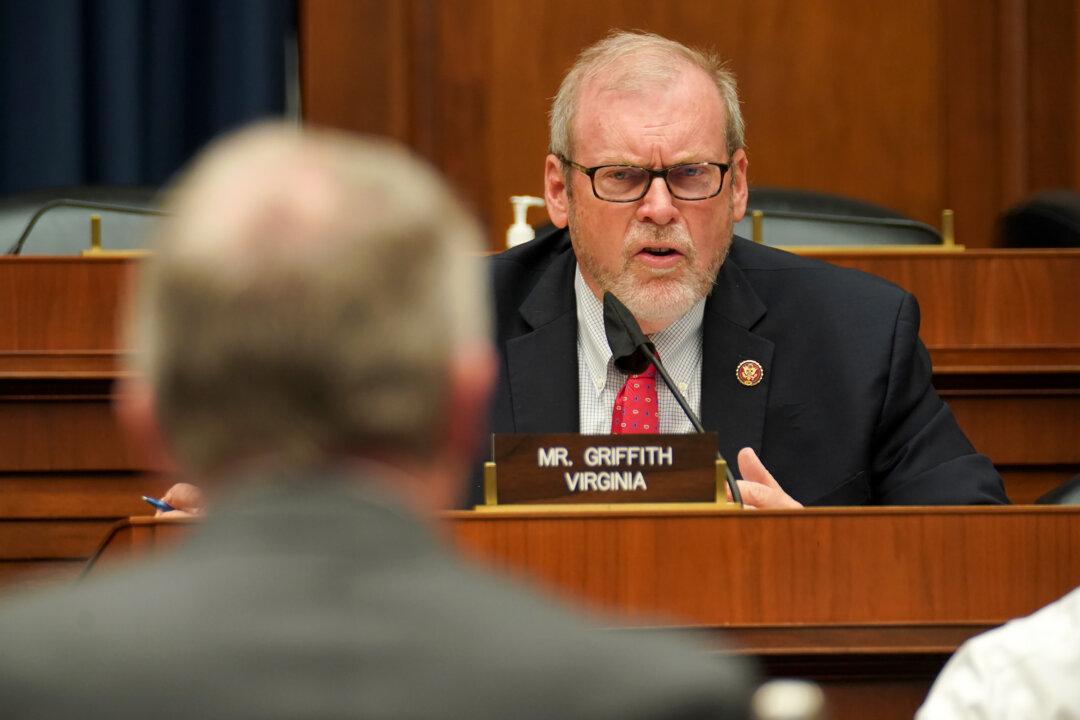House Republicans named their fourth, and possibly final, speaker designate on Oct. 24—just hours after their third candidate was nominated and then withdrew for lack of support. The development capped off an extraordinary day as the chamber hit three weeks without a speaker.
Rep. Mike Johnson (R-La.) was elected with 128 votes in an evening session after losing to Majority Whip Tom Emmer (R-Minn.) that morning. Mr. Emmer had resigned within four hours having unsuccessfully tried to persuade about 25 Republican holdouts to support his candidacy, which was opposed by former President Donald Trump.





